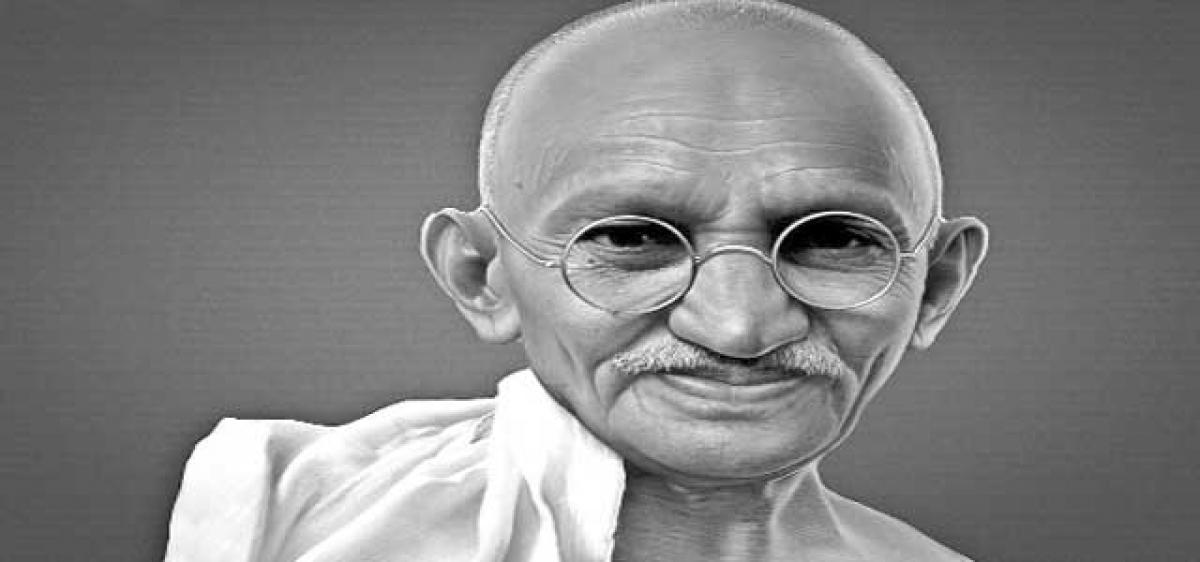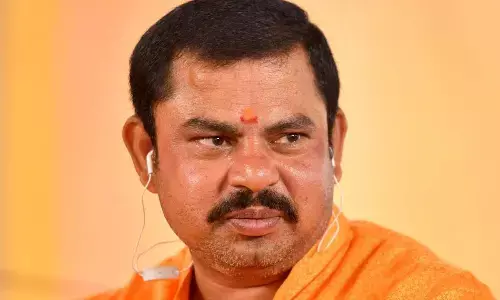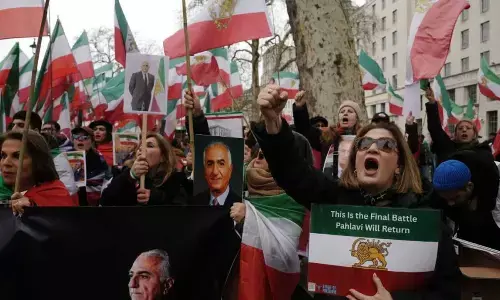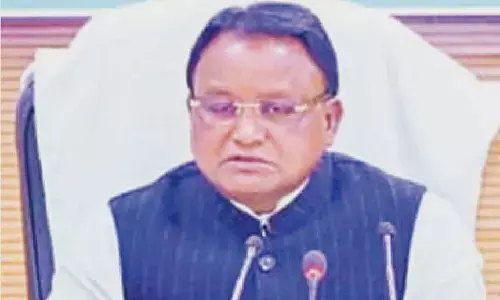Understanding DPSP

The idea of Directive Principles of State Policy (DPSP) has been borrowed from Irish constitution and enumerated in Part IV (Article 36-51) of Indian Constitution.
The idea of Directive Principles of State Policy (DPSP) has been borrowed from Irish constitution and enumerated in Part IV (Article 36-51) of Indian Constitution.
The concept behind DPSP is to establish a ‘Welfare State’ rather than a ‘Police State’ such as of colonial era.
In other words, motive behind inclusion of DPSP is to establish social and economic democracy rather than Political democracy.
These are the basic principles or instructions to government while formulating laws/policies and executing them.
Also Read:
Understanding Fundamental Duties
The Fundamental Duties of citizens were added to the Constitution by the 42nd Amendment in 1976, upon the recommendations of the Swaran Singh Committee that was constituted by the government earlier that year...
The making of the Constitution
The Indian Independence Act 1947:- The bill which was introduced in parliament on July 4th was passed and placed on the statute book with amazing speed, received the royal ascent on July 18th and came into force from that date as the Indian Independence Act 1947...
Socialistic Principles
- To promote welfare of people through social, economic and political justice and try to minimize inequalities in area of income, status and opportunities (Article 38).
- Article 39 – a) secure adequate means of livelihood for all citizens, b) equal distribution of material and resources, c) prevention of concentration of wealth and means of production, d) equal pay for equal work for all, e) right against economic exploitation and f) healthy development of children.
- To promote equal justice and to provide free legal aid to poor (Article 39A).
- To secure right to work and public assistance in case of unemployment, old age, sickness (Article 41).
- Right to Just and humane conditions for work and maternity relief (Article 42).
- To secure minimum wage, social & cultural opportunities, equal participation, healthy work environment etc. for sake of workers (Article 43 & 43A).
- To raise level of nutrition, improve standard of living and public health (Article 47).
Gandhian Principles
- To build concept of Self government with necessary powers by organising village panchayat (article 40).
- To develop cottage industries (Article 43).
- To promote educational and economic interests of weaker sections (SC’s, ST’s etc.) and protect them from social injustice and exploitation (Article 46).
- To prohibit use of intoxicants such as liquors, drugs, opium etc (Article 47).
- To organise agriculture, animal husbandry on modern lines and prohibit slaughter of cows, calves and improve their breeds (Article 48).
Liberal-Intellectual Principles
- To secure a uniform civil code for citizens (Article 44).
- To provide early childhood care till age of 6yrs (Article 45).
- To protect environment, wild life and forests by taking appropriate safeguards (Article 48A).
- To protect and maintain artistic/historical monuments and places (Article 49).
- To separate judiciary from executive (Article 50).
- To promote international peace and amity (Article 51).










